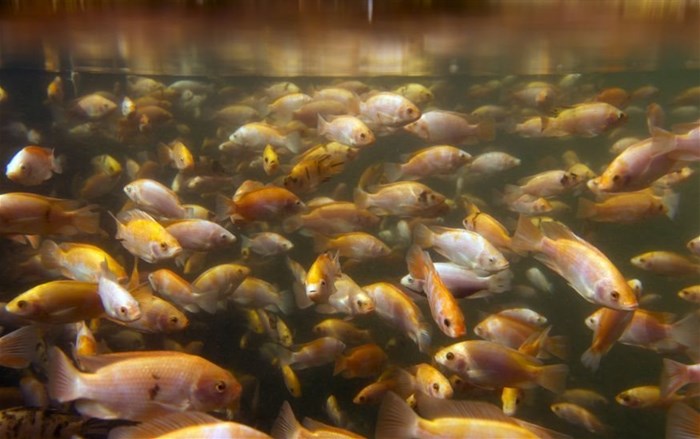New research records national policy trends linking fish, aquatic foods with public health

Published in the journal Fish and Fisheries, the study assessed the alignment of objectives in national fisheries and public health nutrition policies finding 77 of 158 national fisheries policies identified nutrition as a key objective in the sector, and 68 of 165 public health nutrition policies identified the importance of fish and shellfish consumption as key objectives.
The researchers revealed the more recent policies were more likely to be associated with improved coherence among sectors.
Aquatic foods—animals, plants and microorganisms harvested and farmed from water—are rich in micronutrients and essential fatty acids crucial to human health, and fisheries and aquaculture are increasingly recognised for their capacity to contribute to reducing global micronutrient deficiencies and diet-based health risks.
Findings show nations that do not make the link between aquatic food systems and health policies have higher rates of obesity and malnutrition, leading authors to call for targeted policies to realise the potential contribution of nutrient-rich aquatic foods to healthier food systems.
Systematic policy approach
Researchers recommended systematic policy approaches that promote greater coherence between the sectors in a bid to counter stubborn malnutrition rates, especially in low- and middle-come countries. The research builds off growing empirical evidence of the potential of aquatic foods to improve human health supports the inclusion of these foods in national dietary guidelines, consumption advisories, nutrition programming and private sector engagement.
The paper’s co-author Dr Eddie Allison, WorldFish’s director of science and research for aquatic food systems, says: "In the last decade the research community in fisheries and aquaculture has developed a strong focus on the nutritional contribution that aquatic foods make to human nutrition. We wanted to see if all this research was being reflected in policy and practice: are food and nutrition programs around the world including fish and other aquatic foods? Are fisheries management agencies and departments prioritizing or even acknowledging the role that aquatic foods play—or could play—in ending malnutrition?"
Lead author Dr Zach Koehn, early career fellow at the Stanford Center for Ocean Solutions, comments: "When we embarked on this study, we assumed there would be a lack of coherence between the two sectors. While we found that to be true in the majority of countries, there was also a promising trend, with more recent policies showing higher alignment for both fisheries and public health and nutrition policies."
Co-author Dr Shakuntala Thilsted, WorldFish’s global lead for nutrition and public health and 2021 World Food Prize Laureate, explains: "This study reveals a positive trend in policy that prioritizes aquatic foods to nourish nations. It shows the growing recognition of the crucial role aquatic foods have on people's nutrition and health and calls for the increased focus of policies in this area. It also marks a widening in fisheries policy beyond the traditional focus of production, economic efficiency, resource management and environmental issues."
"A transition to sustainable healthy diets that includes an array of aquatic foods requires coherent policy and strong and inclusive institutional and legal frameworks. The integration of national policies reduces inconsistencies and promotes synergies among government departments and agencies, which encourage nutrition programs like school feeding programs to include nutritious foods such as fish and other aquatic foods that can have generational impacts on health and wellbeing."
Allison adds: "With our co-author Shakuntala Thilsted being awarded the 2021 World Food Prize for her work on the nutritional contribution of fish to the diets of nutritionally vulnerable people in the low- and middle-income countries, and with WorldFish adopting a research agenda that is focused on food systems, nutrition and health, we are confident that research in this field is becoming increasingly influential and that we will see a rise in investment at the interface between aquatic foods and public health nutrition."